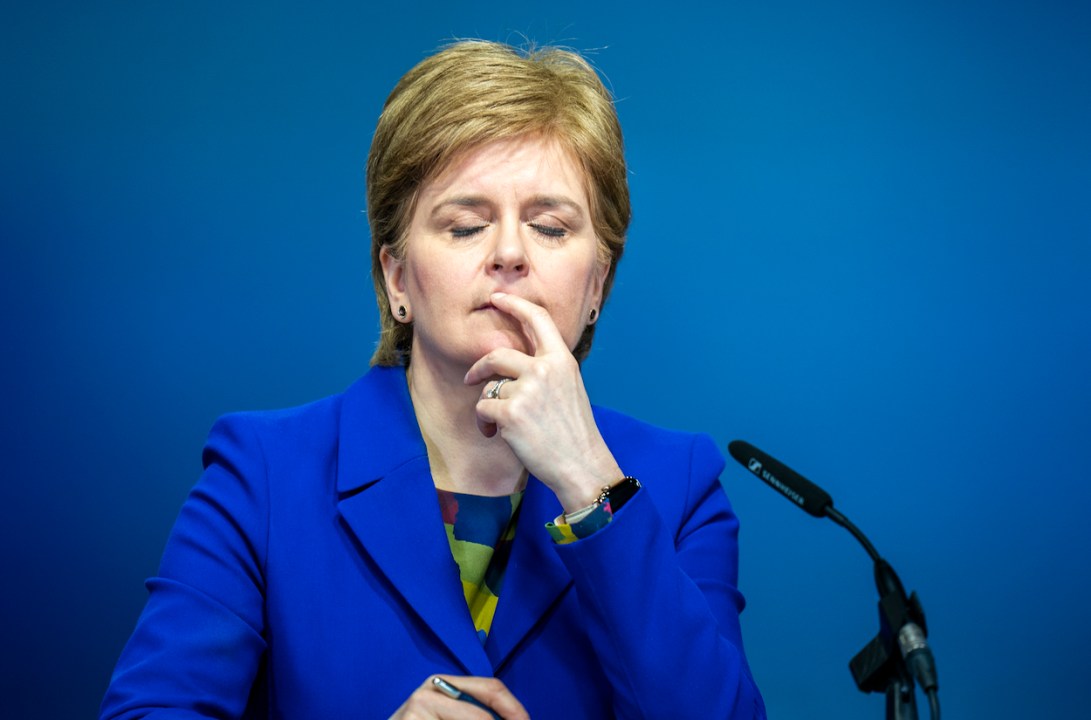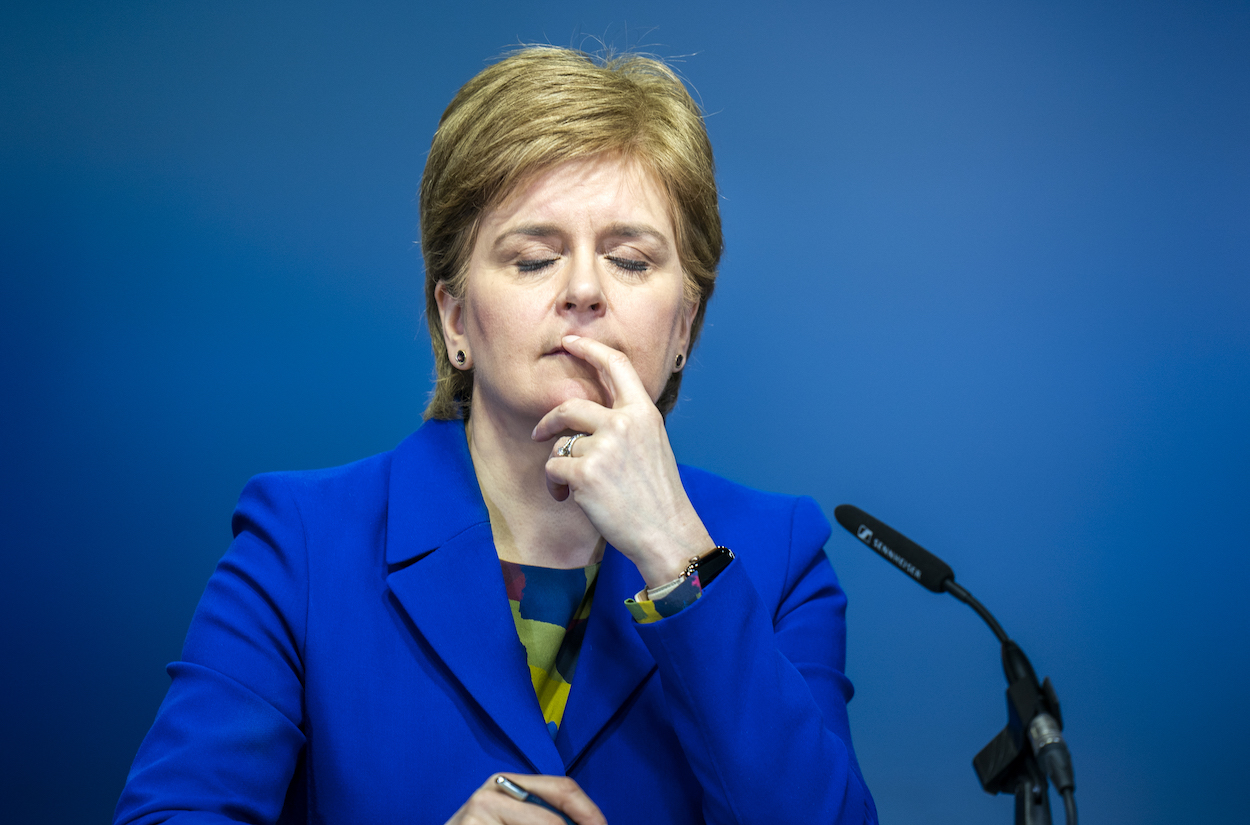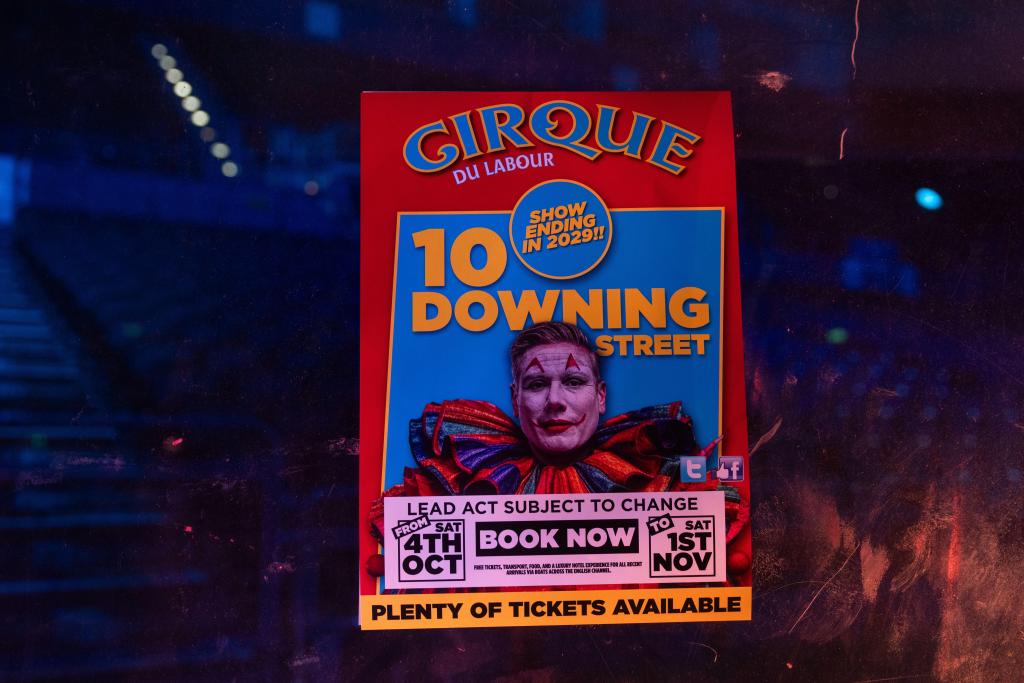As Nicola Sturgeon announces that she is standing down from the Scottish parliament, it is worth reflecting on what a gilded political life she led – and how she managed to fritter it all away and leave frontline politics with no legacy, or at least none she’d care to be remembered by.
The former Glasgow solicitor became Scotland’s deputy first minister at 36 after Alex Salmond invited her to stand as his deputy in the 2004 SNP leadership election. From there, she was handed the health portfolio, then put in charge of infrastructure, and became a household name during the independence referendum. When Salmond quit in the wake of that defeat, she was handed the leadership without a single member’s vote cast. She inherited Salmond’s unprecedented parliamentary majority, a post-referendum membership surge, and a country in which 45 per cent had just voted for the SNP’s number one policy. She won all but three Scottish seats in the 2015 general election, effectively wiping out the once-invincible Labour party.
From there, she was gifted Brexit, which 62 per cent voted against in Scotland, and then a UK Tory government falling apart in real time over its failure to deliver it, as parliament itself descended into dysfunction. At the same time, the Labour party made Jeremy Corbyn its leader and spent four years in a state of civil war. Then came Boris Johnson, an acutely unpopular politician north of the border, and with him Partygate and the return of Tory sleaze. The Covid-19 pandemic put her on TV every day, running Scotland’s containment effort from her podium, the exposure benefiting the SNP’s already healthy poll numbers. Topping it all off, the Tories gave us three prime ministers in two months amid a cost-of-living crisis that undercut all the 2014 messaging about the Union offering economic stability and prosperity in contrast to the uncertainty of independence.
Seldom has a political leader benefited from such good fortune and failed to do very much of substance with it. She was the first woman to serve as Scotland’s first minister and remains the longest serving thus far. She won the Scottish element of general elections in 2015 (gained 50 seats), 2017 (lost 21), and 2019 (gained 13). She won the 2016 Holyrood election, but failed to regain the government’s majority, and the 2021 poll, increasing the SNP’s seat toll by one. But these electoral achievements belied an unfocused policy and legislative agenda, which darted from one priority to another, generating a great deal of noise but little in the way of substantive change.
As health secretary, Sturgeon legislated a ‘legally binding’ NHS waiting time target of 12 weeks between referral and treatment for all patients. In the final quarter before she left office as first minister, January to March 2023, there were 118,402 cases of patients waiting longer than 12 weeks.
As first minister, Sturgeon pledged to make closing the attainment gap in education her number one priority, even saying: ‘I want to be judged on this.’ Between 2018 and 2022, performance fell 7 points in science, 11 in reading, and 18 in mathematics, while the attainment gap continues to grow.
In 2021, Sturgeon boasted of Scotland’s ‘legally binding’ target to achieve net zero by 2045 and ‘world-leading’ interim target of reducing emissions by 75 per cent by 2030. In fact, the Scottish Government has missed its climate targets eight times in 12 years, was told they were ‘in danger of being meaningless’ by the Climate Change Committee, and eventually scrapped them one year after Sturgeon’s departure.
Every policy area she ever touched was cursed thereafter
It was on Sturgeon’s watch that Scotland became the drugs deaths capital of Europe, ministers so badly botched the procurement of two ferries they ended up nationalising the shipyard, and the UK government was forced to block a radical gender self-identification law, a move upheld by the courts.
She might have weaved a spell with her gift for positioning and framing, but every policy area she ever touched was cursed thereafter. This included, of course, the cause for which the SNP exists. Sturgeon’s leadership was a time of speeches, plans, strategies, briefings and white papers on Scottish independence, but she made no progress whatsoever on restoring Scotland’s national sovereignty. In fact, she might well have set it back, for it was her Supreme Court gambit that confirmed that the only lawful route to another independence referendum is through Westminster. Election after election, the SNP’s true believers turned out in heaving numbers but no matter how many seats they gave her in one parliament or another, they got nothing in return from Sturgeon. The hallmark of her leadership was that victories for Scottish Nationalists did not translate into victories for Scottish nationalism.
It’s considered poor form to intrude on private grief, so we’ll leave nationalists to reflect on her break from Alex Salmond, the fracturing of the Yes movement, and the police investigation into SNP funds (Sturgeon is not accused of any wrongdoing). Yet even those of us outside the tribe can see that Nicola Sturgeon’s time in politics was a waste of her own talents, a frittering of the efforts of others, and a squandering of considerable quantities of political good fortune.
Still, at least she got a book deal out of it.









Comments